- IDP China>
- 课程库>
- 商科与管理>
- 商业、贸易和管理>
- 商业管理>
- Bachelors of Engineering (Honours) and Bachelor of Business Management - Electrical Engineering
工学学士(荣誉学位)/商业管理-电气工程
Bachelors of Engineering (Honours) and Bachelor of Business Management - Electrical Engineering

学历文凭
Dual Degree

专业院系
Engineering

开学时间

课程时长

课程学费

国际学生入学条件
IDP—雅思考试联合主办方

雅思考试总分
6.5
- 雅思总分:6.5
- 托福网考总分:87
- 托福笔试总分:160
- 其他语言考试:Pearsons - Overall Score of 64 and 60 in all sub bands.
CRICOS代码: 080728G
申请截止日期: 请与IDP联系 以获取详细信息。
课程简介
This dual program sets you up for a career where you'll use your engineering know-how as a leader in a business or entrepreneurial setting. By completing the dual program you'll gain an extra qualification and open up pathways to use your engineering prowess in a broad range of business applications. In the Bachelor of Engineering (Honours), you’ll develop technical skills through a core specialisation, which will form the basis of your career. Depending on your choice of specialisation, the engineering skills you'll develop will allow you to work in a range of fields, from infrastructure and hospitals to energy and software. Under the world-class business program, you'll complete a range of courses that cover concepts relevant across the business world. You'll study topics including innovation and entrepreneurship, economics, marketing, business information systems, strategy and management. During your studies you'll hear from guest lecturers from industry, examine real-life case studies and undertake projects, placements and internships with leading businesses.<br><br>Electrical engineering is concerned with electrical and electronic devices and systems. Electrical engineers work with equipment ranging from heavy power generators to tiny computer chips. Their work contributes to almost every sector of society: for example, home theatre entertainment systems, mobile phones, digital cameras and television to enhance our lifestyle, medical imaging systems for improved health care, electrical appliances for homes, scientific instruments for laboratories, lasers for reliable high speed communication, handheld multimedia devices to provide information on the move, and satellite systems for remote sensing of the environment and reliable mobile and fixed energy systems to power all of these. Electrical engineers usually work in one of six speciality areas: power generation and transmission; electronics; computers; communication systems; instrumentation and measurement; and automatic controls. Career opportunities are found in the telecommunications industry, mining and transport sector, computer industry, or in power generation and transmission industries. They are also employed by electronics companies, both large and small. Many of our graduates are forming their own companies quite early in their careers.
相关申请
 预科
预科 奖学金
奖学金 实习机会
实习机会 在校学习
在校学习 跨境学习
跨境学习 校园授课-线上开始
校园授课-线上开始 在线/远程学习
在线/远程学习
开学时间&学费
学费信息仅供参考,请与IDP联系以获取详细信息
| 开学时间 | 时长 | 学费 | 地点 |
|---|---|---|---|
| 暂无 | 暂无 | 暂无 | 暂无 |
关于昆士兰大学

昆士兰大学(简称UQ)位于澳大利亚布里斯班,一直位于世界一流大学之列,在教学、学习和研究方面都有着无与伦比的卓越成就。昆士兰大学在全球享有盛誉,通过提供知识领导力来创造积极的变化,从而建设更美好的世界。昆士兰大学经常跻身世界一流大学行列,其中包括: 根据 2024 年世界大学科学论文绩效排名(NTU 排名),排名第 40 位。 2024 年《美国新闻》全球最佳大学排名第 41 位 2025 年 QS 世界大学排名第 40 位 2024 年世界大学学术排名第 63 位 2024 年泰晤士高等教育世界大学排名第 70 位昆士兰大学十分注重教学质量,获得的国家级教学奖项比澳大利亚任何其他大学都多。超过55000 名在校学生,包括 21500 名国际学生,在三个美丽的校区为一个多元化、包容性的社区做出了贡献。昆士兰大学以其轻松安全的生活方式、亚热带气候和充满活力的多元文化而闻名于世,学生在这里可以享受到世界上最好的校园生活。在课堂之外,大学还提供一系列令人兴奋的活动,满足学生的课外兴趣。昆士兰大学屡获殊荣的职业与就业服务为学生毕业后获得竞争优势提供支持。学生可利用每年举办的就业研讨会和社交活动,与大学广泛的校友和专业合作伙伴建立联系。昆士兰大学培养的毕业生在全球享有盛誉,他们随时准备开创成功的事业,成为各自领域的佼佼者。昆士兰大学 35.0 万名毕业生组成了一个全球校友网络,遍布 190 个国家,拥有 17700 多名博士。
本校相关课程
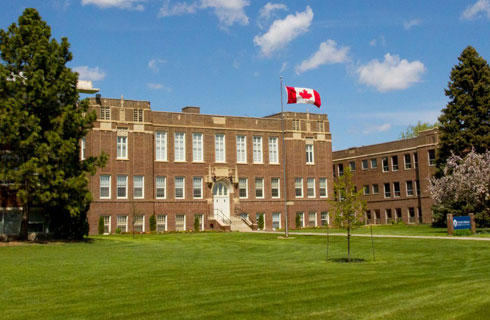
流行病学硕士
学历文凭
Masters Degree (Coursework)
开学日期
课程费用总额


教育学硕士-行为管理
学历文凭
Masters Degree (Coursework)
开学日期
课程费用总额

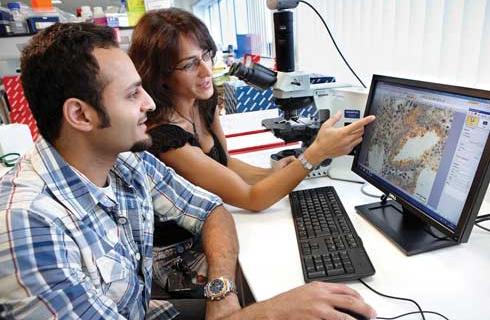
计算机科学研究生证书
学历文凭
Graduate Certificate
开学日期
课程费用总额


计算机科学硕士
学历文凭
Masters Degree (Coursework)
开学日期
课程费用总额


计算机科学研究生文凭
学历文凭
Graduate Diploma
开学日期
课程费用总额

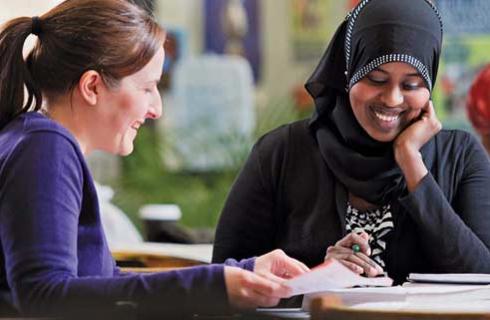
工商管理研究生文凭
学历文凭
Graduate Diploma
开学日期
课程费用总额

其他相关课程

工程科学硕士(网络系统和电信)
 斯威本科技大学
斯威本科技大学泰晤士高等教育世界大学排名:282
学历文凭
Masters Degree (Coursework)
开学日期
课程费用总额

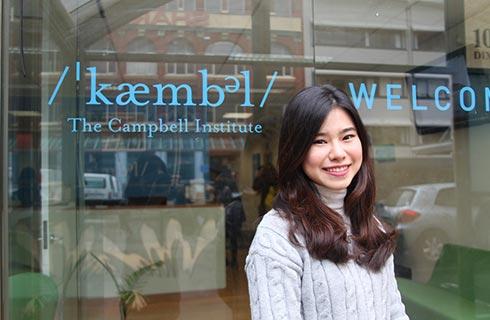
工程学硕士(电气和电子工程)
 皇家墨尔本理工大学
皇家墨尔本理工大学学历文凭
Masters Degree (Coursework)
开学日期
课程费用总额


工程学研究生文凭(电子)
 阿德莱德大学
阿德莱德大学学历文凭
Graduate Diploma
开学日期
课程费用总额

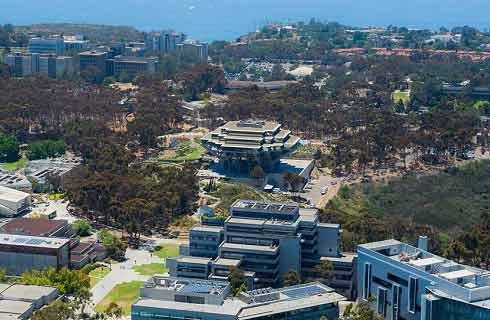
专业工程学硕士(电力)
 悉尼大学
悉尼大学泰晤士高等教育世界大学排名:54
学历文凭
Masters Degree (Coursework)
开学日期
课程费用总额

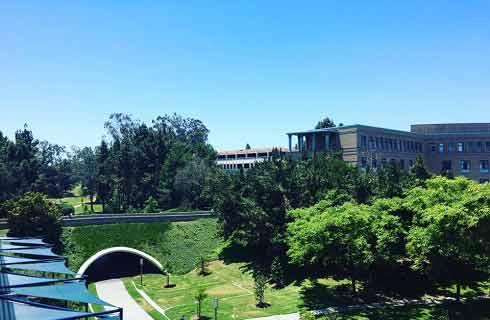
专业工程学硕士(电信)
 悉尼大学
悉尼大学泰晤士高等教育世界大学排名:54
学历文凭
Masters Degree (Coursework)
开学日期
课程费用总额

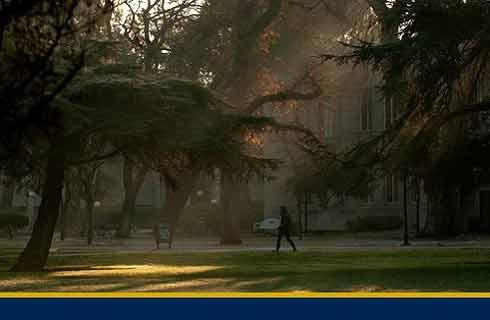
专业工程学硕士(电气)
 悉尼大学
悉尼大学泰晤士高等教育世界大学排名:54
学历文凭
Masters Degree (Coursework)
开学日期
课程费用总额










